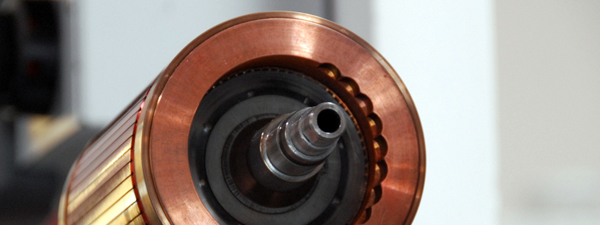The electric airplane has moved a step closer to reality, as Nippon Kayaku Co. and the Japan Aerospace Exploration Agency (JAXA) successfully developed a motor coil that can maintain its maximum power more than two times longer than a conventional model.
One of the challenges in designing an electric aircraft is that it must maintain maximum power for long enough to get airborne. An electric car motor generally needs to maintain maximum power for only 30 seconds or so, but an electric aviation motor needs to sustain maximum power for two to five minutes, which a conventional motor cannot do without overheating and burning out. Possible solutions include using a bigger motor system and/or introducing a cooling system, but both of these options increase the size and weight of the aircraft.
In order to create a smaller high-performance electric aviation motor, JAXA has been working on a coating for the motor coil that has both insulation properties and strength while promoting thermal conductivity. Meanwhile, Kayaku has been developing a thermal conductive heat-resistant insulating material, based on reactive polyamide resin, which can be used at up to 250 degrees Celsius.


Courtesy of Japan Aerospace Exploration Agency
In a research collaboration that was launched in 2011, Kayaku applied its insulating material to the electric aviation motor coil, while JAXA tested and evaluated the motor. Now the team has successfully developed a motor coil capable of doubling the time duration of maximum power, with a 1% improvement in maximum efficiency compared with a conventional motor.
This technology can also be used to build a lighter system with the same power as a conventional one, so it may have applications not only for aircraft but also for large vehicles that require high-power motors, such as buses and trucks.


















































